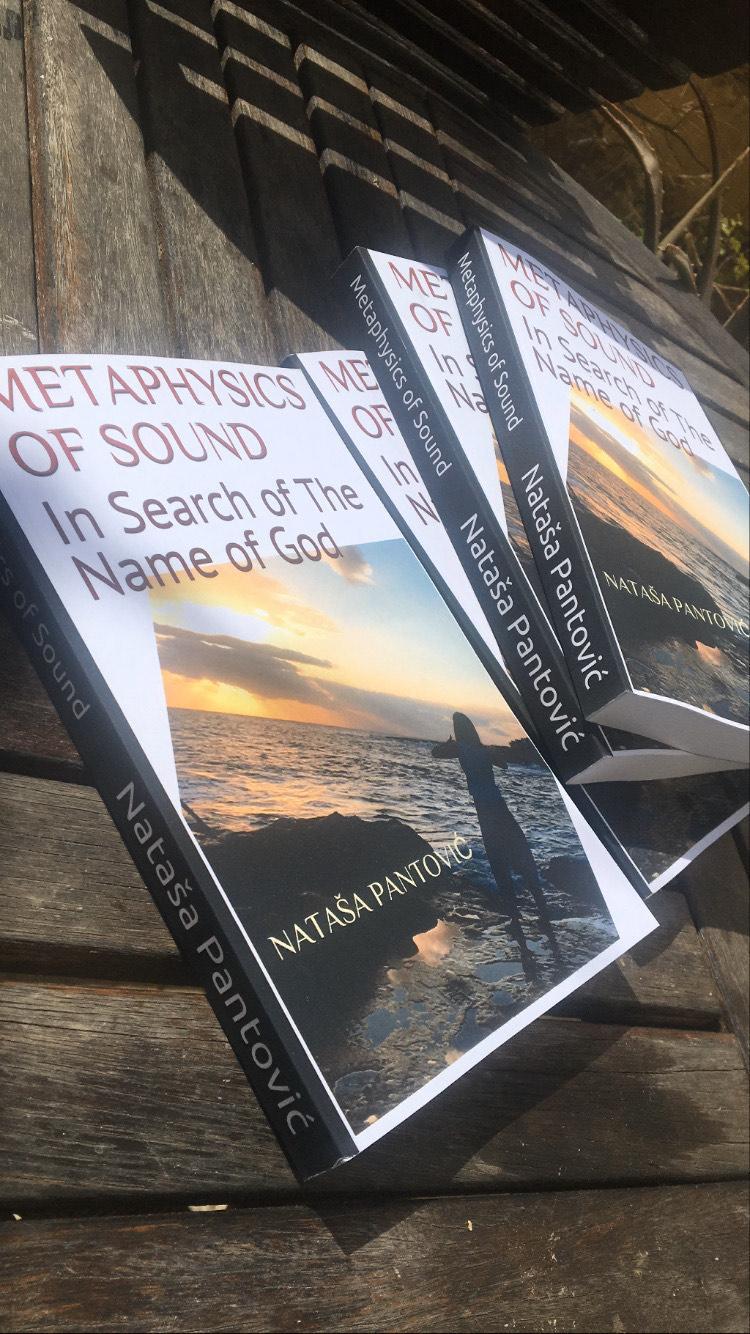
"A bridge builder between East and West, following ancient archaeological findings, she often dives into historic settings more than 2,000 years back in time.
In her novel the 52-year-old author makes a bold swerve into less-travelled territory. She chooses for her protagonists Ama, an African priestess, living in China’s Macao in the 17th century; Ruben, a Portuguese Jesuit priest; and Fr Benedict, an Orthodox Christian.
The book explores the rapidly-growing Macao, its changing sights, sounds and smells from different perspectives, from that of a bat to a goddess to a spirit. Its miracle and its enigma are within the worlds of inner alchemy of the Age of Enlightenment.” A beautiful mind Nataša Pantović with Sunday Times https://timesofmalta.com/articles/view/a-beautiful-mind.810384
A-Ma Alchemy of Love Paperback Links I could find:
https://www.amazon.fr/Ma-Ms-Natasa-Nuit-Pantovic/dp/9995754193
https://www.amazon.com/Ma-Ms-Natasa-Nuit-Pantovic/dp/9995754193
https://www.amazon.co.uk/Ma-Ms-Natasa-Nuit-Pantovic/dp/9995754193
https://www.amazon.co.jp/Ma-Ms-Natasa-Nuit-Pantovic/dp/9995754193
https://www.amazon.nl/Ma-Ms-Natasa-Nuit-Pantovic/dp/9995754193
https://www.amazon.co.jp/Ma-Ms-Natasa-Nuit-Pantovic/dp/9995754193
https://www.amazon.es/Ma-Ms-Natasa-Nuit-Pantovic/dp/9995754193
https://www.amazon.it/Ma-Ms-Natasa-Nuit-Pantovic/dp/9995754193
https://www.amazon.com.au/Ma-Ms-Natasa-Nuit-Pantovic/dp/9995754193
https://www.amazon.ca/Ma-Ms-Natasa-Nuit-Pantovic/dp/9995754193
#bookworm #bookreview #readers #bookseries #bookish #books Amazon Kindle #kindlebooks #GreatReads #BookSpotlightShowcase #greatbooks #bookoholic #booksbooksbooks #writing #mustread #NatasaPantovic

 Log in with Facebook
Log in with Facebook 









